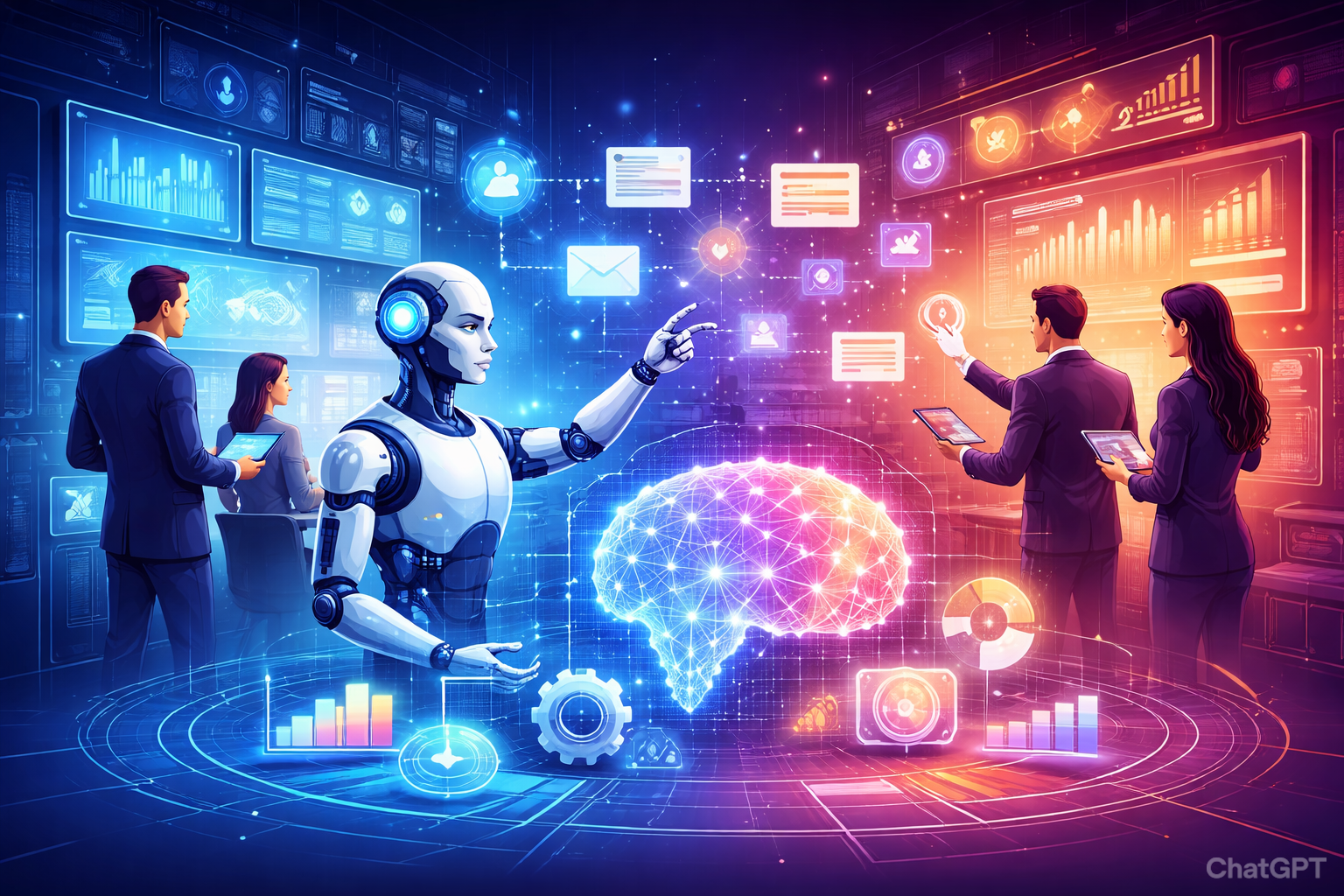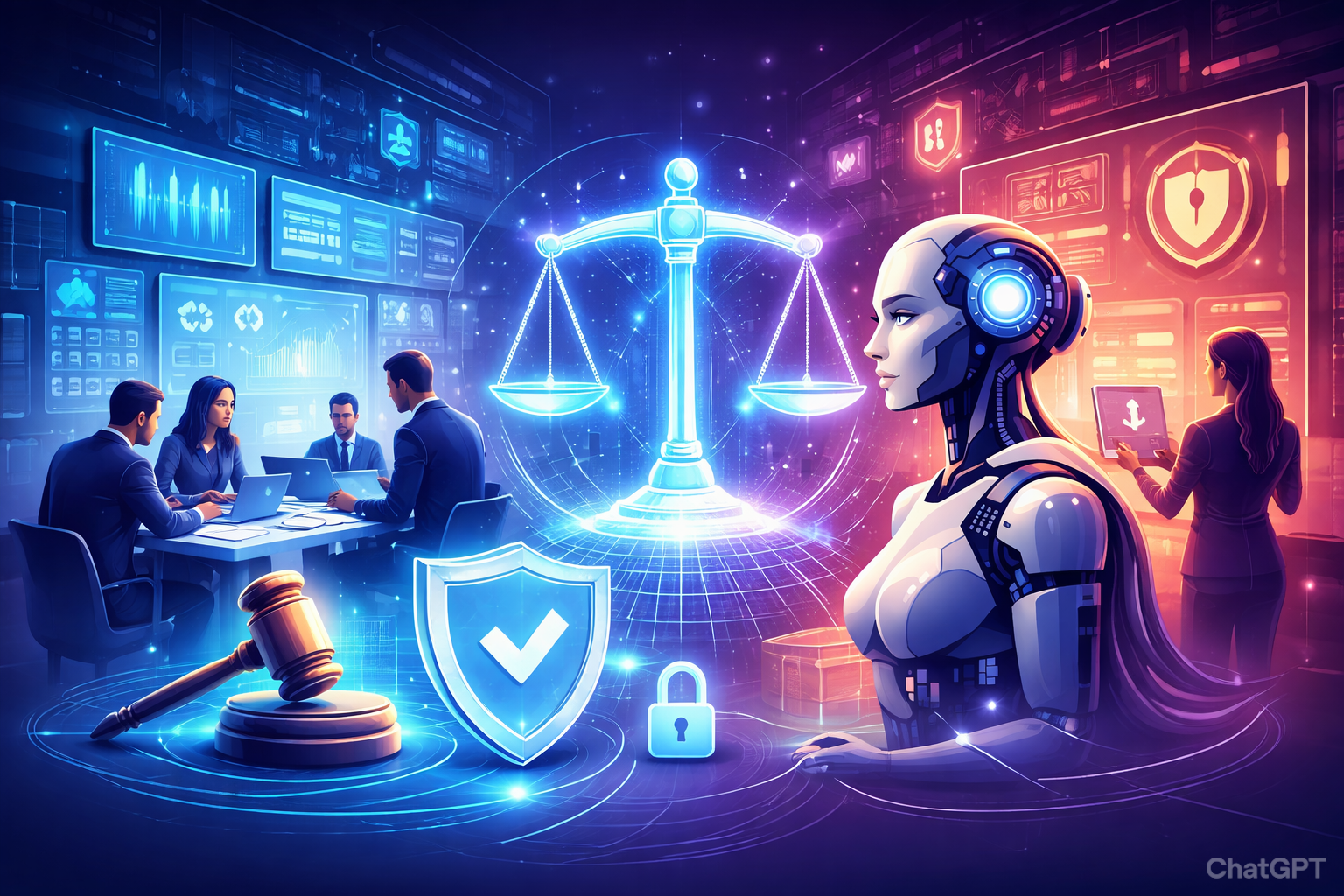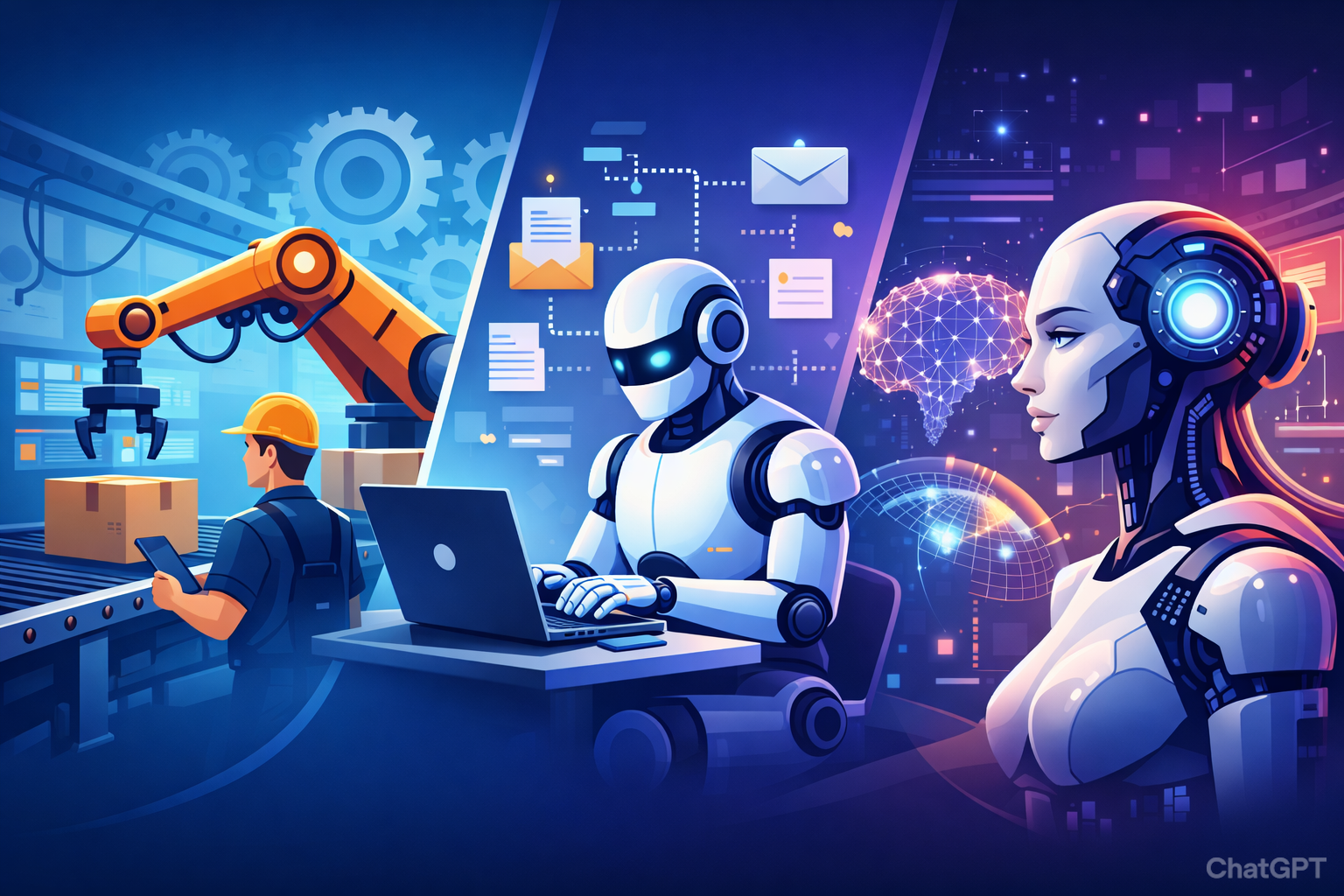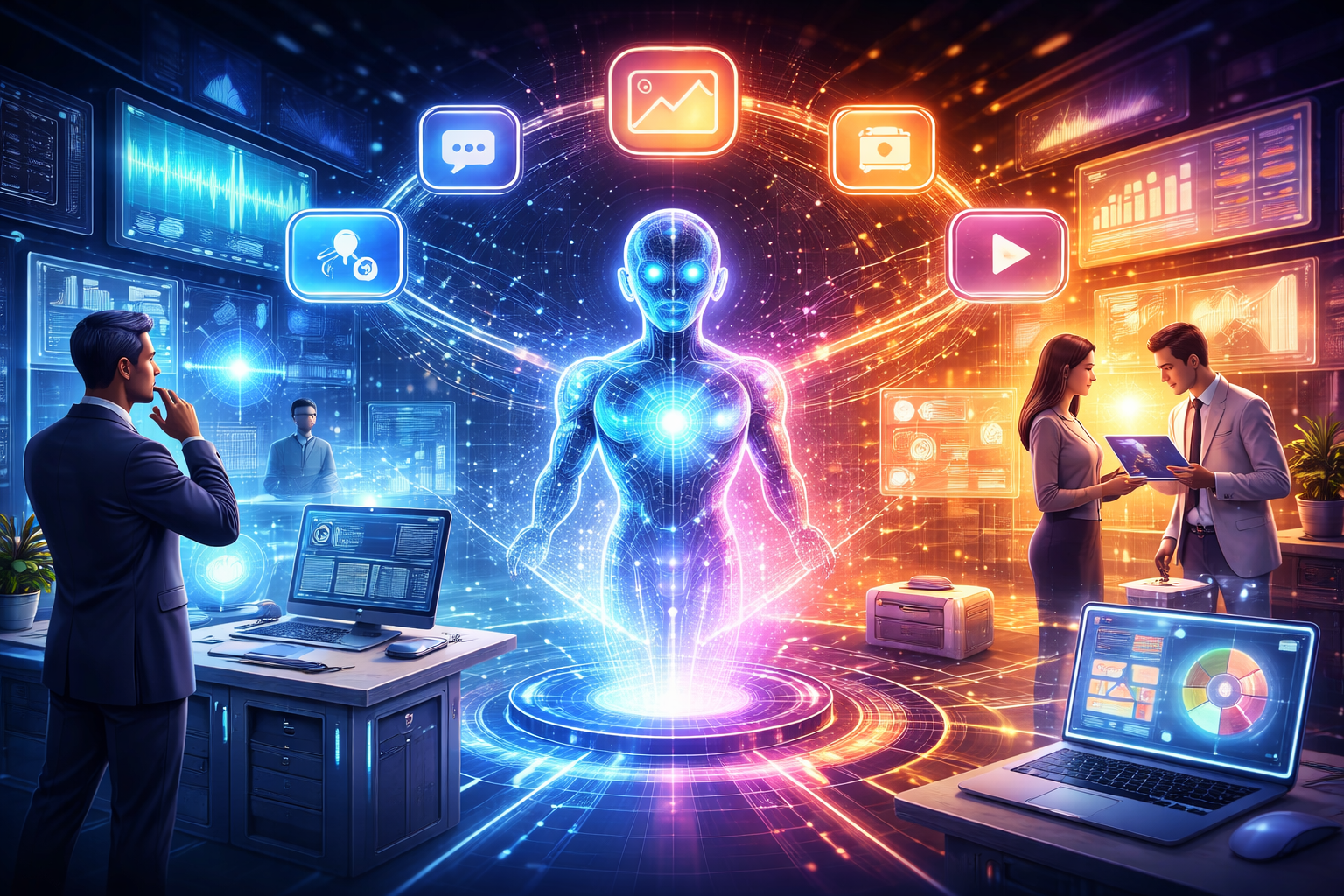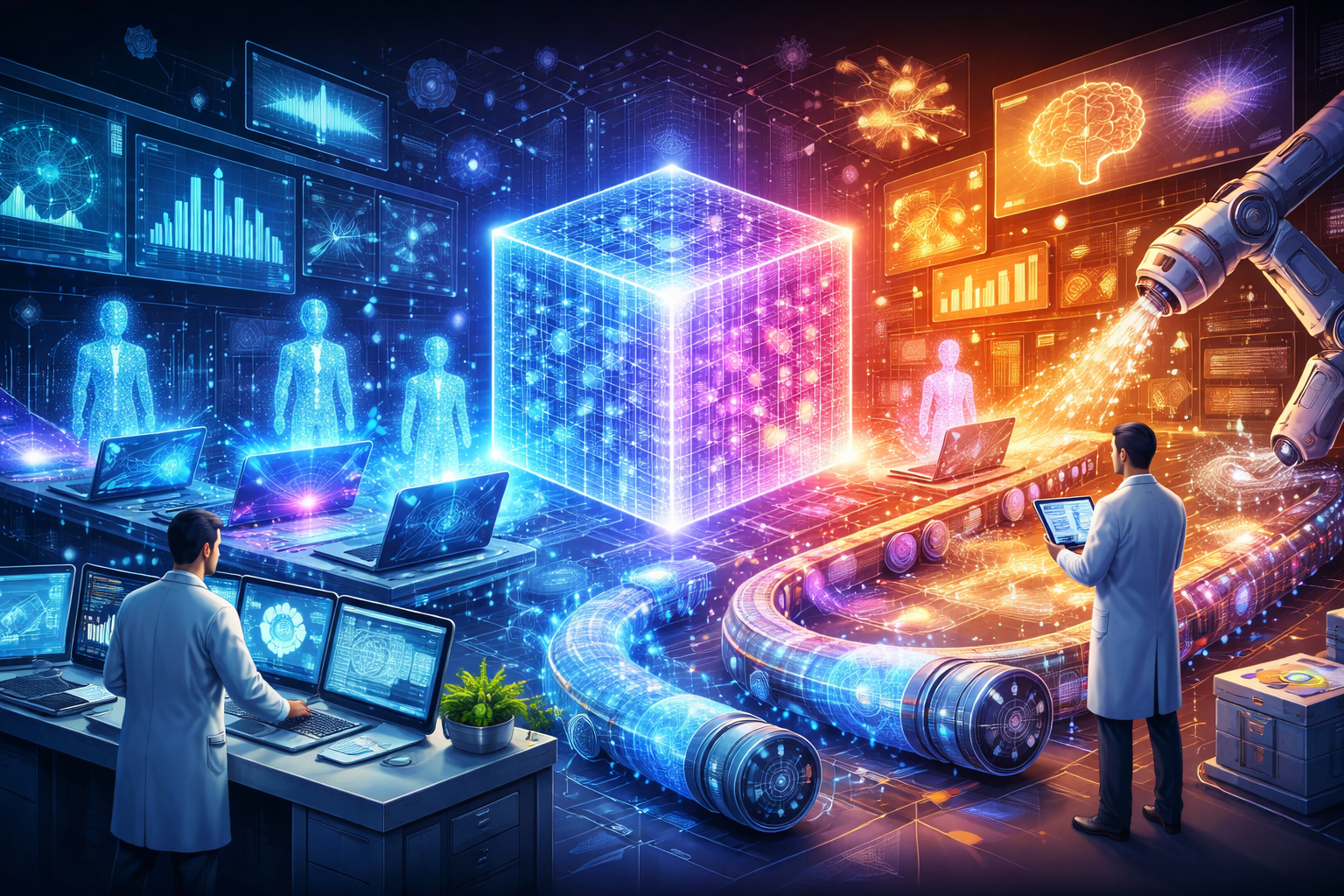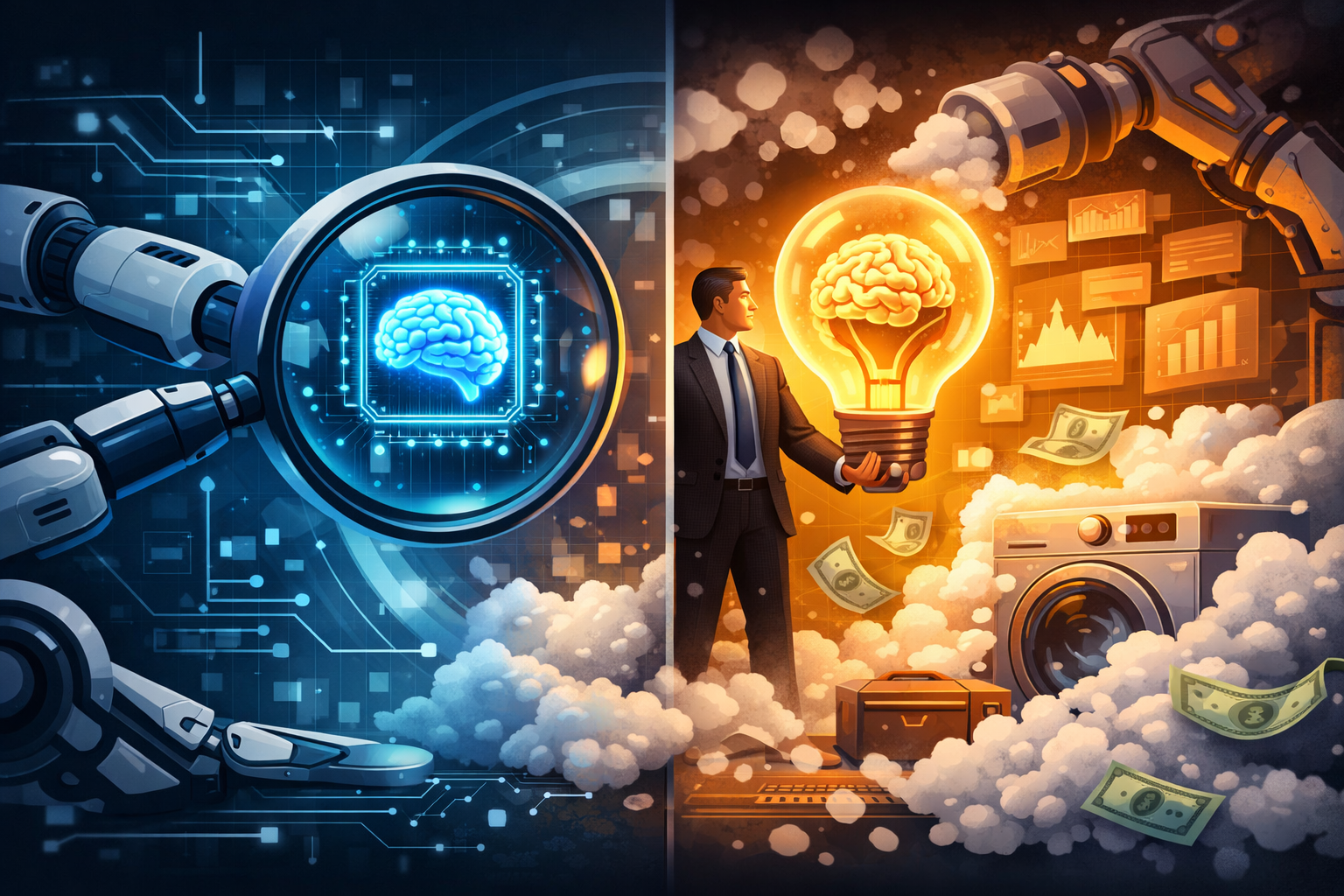As the demand for digital tools to manage customer relations has become more prevalent among businesses, AI CRM software 2026 is already being said to be a game-changer for the whole customer management domain. Artificial Intelligence is remodeling the very core of Customer Relationship Management, from its traditional organization of data towards proactive, predictive, and deeply personalized engagement.
A customer relationship management system will not just be a repository of information but rather a vibrant community that can discover and understand human feelings, predict customer requirements, and even make decisions autonomously with almost human-like reasoning by the year 2026. The emphasis will not be on the replacement of human beings but on enabling the companies to build and maintain relationships that are more intelligent, quicker, and more productive than ever.
The Journey of CRM: The Transition from Data Storage to Smart Interaction
Initially, CRM systems offered very limited features, which mainly consisted of keeping customer contact data and monitoring sales and leads. Subsequently, they gradually transformed into comprehensive software packages incorporating analytics, marketing automation, and omnichannel communication. Unfortunately, most of the older CRM systems are still doing a lot of manual input and are unable to integrate data siloed in different departments.
The introduction of AI into CRM changes this paradigm. In 2026, artificial intelligence-powered customer relations management software will not depend on humans to interpret customer data; rather, it will be trained on the data. These systems automatically process millions of live data points, uncovering patterns, forecasting customers’ actions, and even proposing the next best moves for the company to take.
Future CRM systems will provide insight-driven, meaningful customer engagement by integrating predictive analytics, natural language processing, and generative AI without necessarily requiring full-time human intervention.
Predictive Insights: Turning Data into Foresight
One of the most transformative aspects of AI CRM software in 2026 will be predictive intelligence. Instead of looking at past sales reports or customer interactions, AI will look ahead.
CRM systems will be upgraded with more powerful, next-generation machine learning models by 2026 that will use behavior patterns analysis, purchasing history, and social sentiment, among other sources, to foresee customer needs. Imagine the situation where your CRM informs you that a certain customer is at risk of leaving within a month and, to the rescue, it suggests the strongest retention technique even before the customer is lost!
This degree of foreseeing ability will allow businesses to take the initiative and be, thus, less dependent on the customers’ reactions, and this will consequently lead to better retention, conversion, and customer satisfaction rates throughout the interaction with customers.
Hyper-Personalization: Each Customer’s Experience Gets Fully Customized
Though personalization has become an everyday term in marketing, AI CRM software in 2026 will not only continue but rather transform the marketing landscape with the introduction of hyper-personalization. AI will not only be clustering customers into groups with the same characteristics, such as “age” or “region”, like it does today, but instead, it will be quickly producing, based on user activity, preferences, and intentions, multiple micro-segments.
For instance, if a customer frequently browses for sustainable products but never makes a purchase, AI will detect the hesitation, look into the whys, and trigger a personalized discount email or chatbot conversation tailored to his or her mindset.
This level of automated personalization will blur the distinction between marketing and customer service by making every interaction a custom, human-like affair driven by AI.
AI-Powered Automation: Freeing Teams for High-Value Work
The true power of AI CRM software in 2026 lies in automation. Mundane and repetitive tasks, such as data entry, follow-up reminders, and lead scoring, will be handled seamlessly by AI-driven workflows.
Sales teams won’t waste hours updating notes or setting up email sequences. Instead, their CRM will automatically log interactions, identify hot leads, and even draft personalized follow-up messages based on tone and context.
Meanwhile, AI assistants will handle customer inquiries in real-time, resolving common issues instantly while escalating complex ones to human representatives. This will not only enhance operational efficiency but also free up human teams to focus on creativity, empathy, and strategic decision-making, areas where human judgment is second to none.
Emotional Intelligence in CRM: The Rise of Sentiment Analysis
By 2026, CRMs won’t just process facts; they will understand emotions. Through sentiment analysis and tone detection, AI CRM software 2026 will be able to interpret customer moods during emails, calls, or live chats.
When a client’s tone shifts from friendly to frustrated, the CRM instantly flags it and suggests corrective actions like offering compensation or escalating to a senior support member.
It brings emotional intelligence into digital communication, enabling businesses to build stronger, more empathetic relationships. It won’t simply know what customers say but understand how they feel. This way, brands can engage with them more thoughtfully and build real loyalty.
Integrating Voice and Chat: The Rise of Conversational AI CRMs
Voice-driven interfaces and chat-based CRMs are already gaining traction, but by 2026, they’ll be standard features in AI CRM software. Businesses will manage their entire CRM ecosystem through conversational commands – speaking or chatting with their AI assistant instead of navigating complex dashboards.
Imagine saying, “Show me customers with declining engagement this month” or “Draft a personalized renewal email for top clients,” and having the CRM instantly generate the results.
This integration of Conversational AI will make CRMs more accessible, intuitive, and swift, reducing the learning curve for new users while improving daily workflow for the experienced teams.
Unified Intelligence for Cross-Department Collaboration
Most traditional CRMs focus only on sales and customer support. AI CRM software 2026 will unify all departments by the power of shared intelligence: marketing, sales, operations, and finance will operate off one continuous learning system that updates in real time.
This approach connects everything together, avoiding any information silos so that everyone can work from the same truth. The marketing campaigns would automatically adjust to the feedback of the sales, and customer service insights would always drive future product improvements.
The result is a completely integrated organization responding with speed and cohesion to changes in the marketplace, which could only be achieved with AI-powered integration.
Ethics and Governance of AI in CRM Systems
With AI at the core of CRM operations, ethical considerations will override all others. Companies should ensure that this AI CRM software 2026 works transparently and responsibly, particularly where sensitive information about customers is at stake.
Ethical AI governance will focus on privacy, consent, and fairness. It will be up to businesses to ensure that automated decisions do not introduce bias, misinterpret sentiment, or misuse personal data.
In support of trust, AI systems will embed XAI mechanisms that provide insights to users on why a particular recommendation or prediction has been made by the system. The future success of an AI CRM platform in the market will depend more and more on transparency, along with accuracy.
Data Security and Compliance in the AI CRM Era
Because CRM systems hold enormous volumes of customer data, security tops the list. AI CRM software 2026 will use advanced encryption and anomaly detection practices in conjunction with zero-trust architectures to protect against cyber threats.
Conclusion
By 2026, AI CRM software will no longer be used just as a support tool; instead, it will form the heartbeat of every customer-centric business. Equipped with the power of predictive analytics, automation, voice integration, and ethical intelligence at its very core, AI will transform how organizations understand, engage, and serve their customers. For companies in pursuit of building intelligent customer systems and frictionless automation, look no further than Syncrux. Their innovative, AI-driven platforms put data intelligence in harmony with human insight to future-proof business operations.

